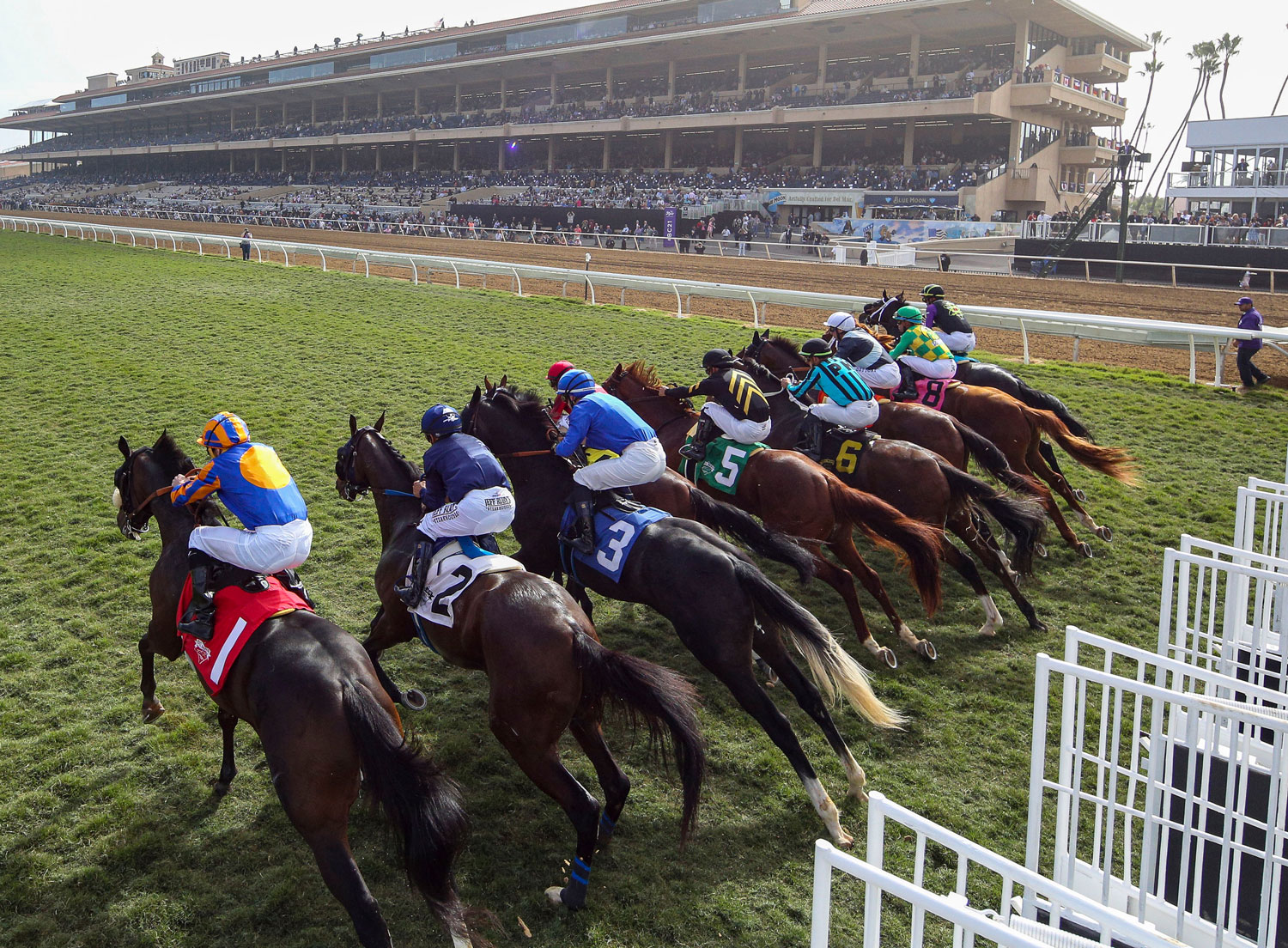In Monday Myths we debunk common misconceptions about a range of topics regarding equine digestive health and care. These are real statements made by real horse people. Have a question or topic you would like to see covered? Submit your idea here.
Statement: My horse is lazy. My legs are exhausted after every ride and I always have to wear spurs.
We’ve all experienced those tiring rides where our mounts just do not want to go forward with energy and impulsion for anything. Some of us know what it feels like to dismount exhausted after every single ride.
But before you get after the horse with spurs or a crop, don’t just assume that the horse is being lazy.
True, some horses do have naturally lazy personalities. But there are several more likely reasons why a “lazy” horse just doesn’t want to go (and they can be fixed without brain surgery):
- not sensitized to the forward aids
- pain
- nutritional deficiencies.
The first can be fixed with the help of a good trainer. The second should be addressed by a veterinarian. The third requires a close look (with your vet) at the horse’s diet and mode of feeding. Proper nutrition falls under our area of expertise, so here are the digestive health factors we encourage you to consider when evaluating the reasons your horse seems lazy.
Laziness as a Result of Poor Nutrient Absorption
The way we commonly manage horses today puts undue stress on their digestive tracts. This includes feeding grain, limiting turnout, limiting hay and/or grass availability, feeding large meals with long hours in between, traveling, competing, and riding regularly. The continued feeding of grain plus these additional stresses and requirements can make the entire equine gut less functional. In terms of nutrient absorption specifically, this includes:
- poor health and structure of intestinal villi (reducing surface area contact needed for nutrient absorption)
- loose junctions between enterocytes (cells lining the intestines for nutrient uptake)
This lessens the ability of the gut to digest and absorb nutrients throughout, including the ability to digest fat, carbohydrates, vitamins, and proteins.
When a horse isn’t absorbing all the nutrients available in its feed, the resulting deficiencies may impact its physical ability to perform. This can manifest under saddle in lethargy and lack of focus.
Reduced Energy as a Result of Hindgut Dysfunction
The ability of the equine hindgut to function properly is critical not just to overall health, but to converting food to energy in particular. In their natural state, horses receive up to 70 percent of their required energy from the fermentation of forage in the hindgut. In this process, the structural fibers in food like hay and grass are broken down by beneficial bacteria, producing volatile fatty acids (VFAs). These VFAs are then converted into energy, or into fats or glucose which can be stored for energy.
VFA-producing hindgut function is disrupted when undigested starch that should have been absorbed in the small intestine interferes with the fermentation process. Bacteria digest the starch and produce fewer VFAs and, instead, produce a higher level of lactic acid. Lactic acid is more acidic than volatile fatty acids. This results in an increased acidity level in the hindgut which, in turn, causes the beneficial bacteria to die. This is the beginning of a process which not only interferes with the production of VFAs, but may lead to hindgut acidosis, ulcers, and colic.
Keep in mind that it does not take a Houdini horse getting loose and breaking into the feed bin to overload the hindgut with undigested starch. If management practices are not taken to optimize digestion and offset the impact of even common levels of concentrates in the diet, undigested starch may be reaching your horse’s hindgut.
So, a supposedly “lazy” horse may actually be physically incapable of performing due to a lack of volatile fatty acids necessary for energy.
My horse is lazy = maybe, but maybe not. Evaluate your horse’s diet to determine whether poor nutrient absorption and/or hindgut dysfunction may be impacting its ability to get full nutrition and energy from feed.



